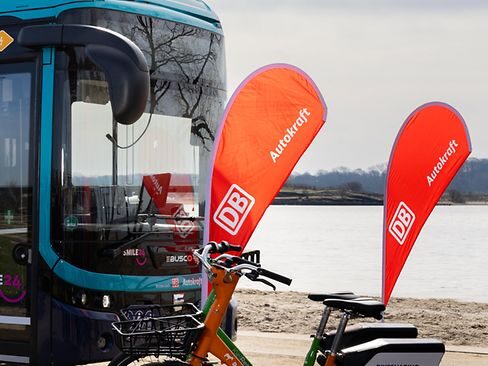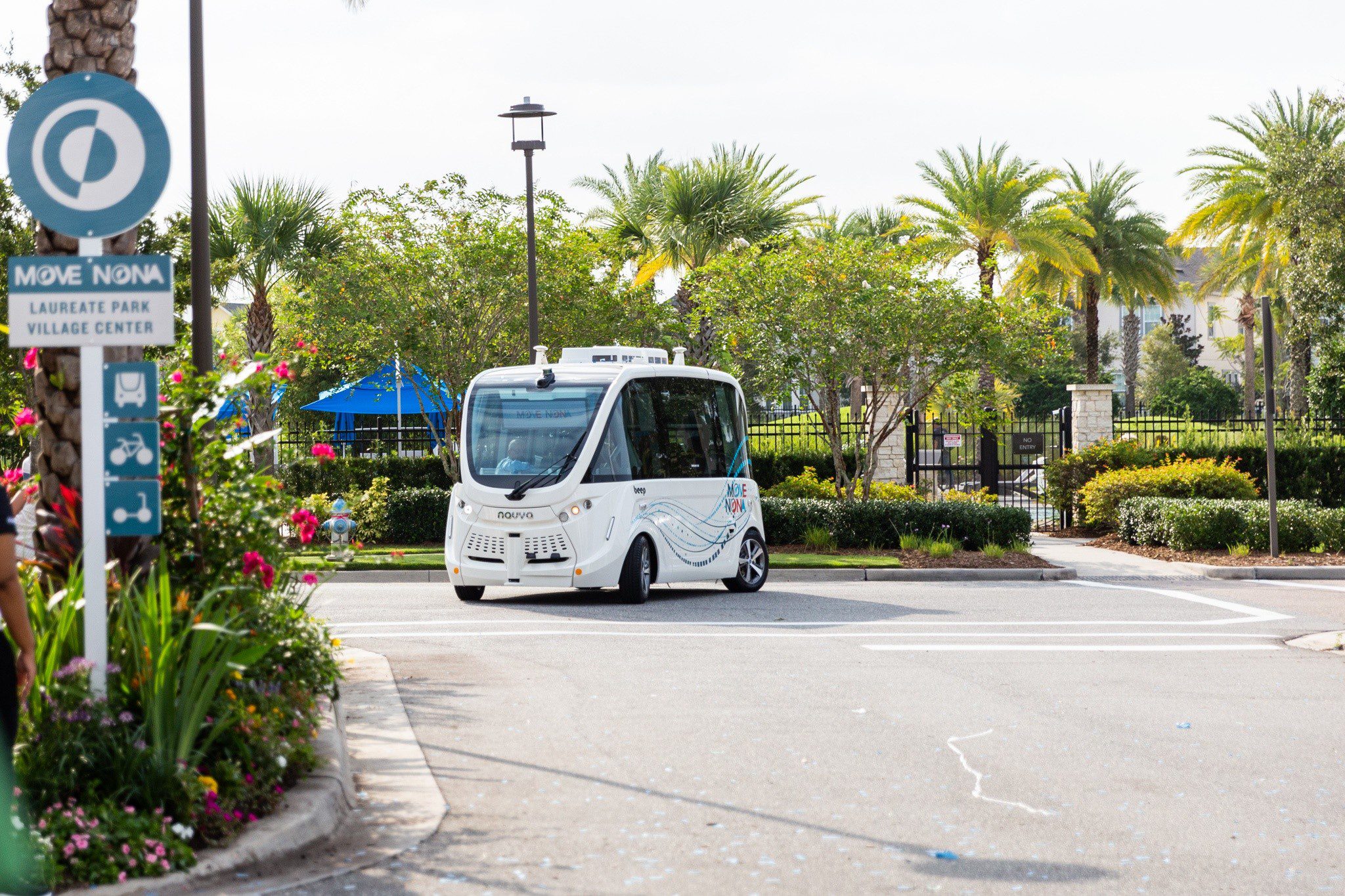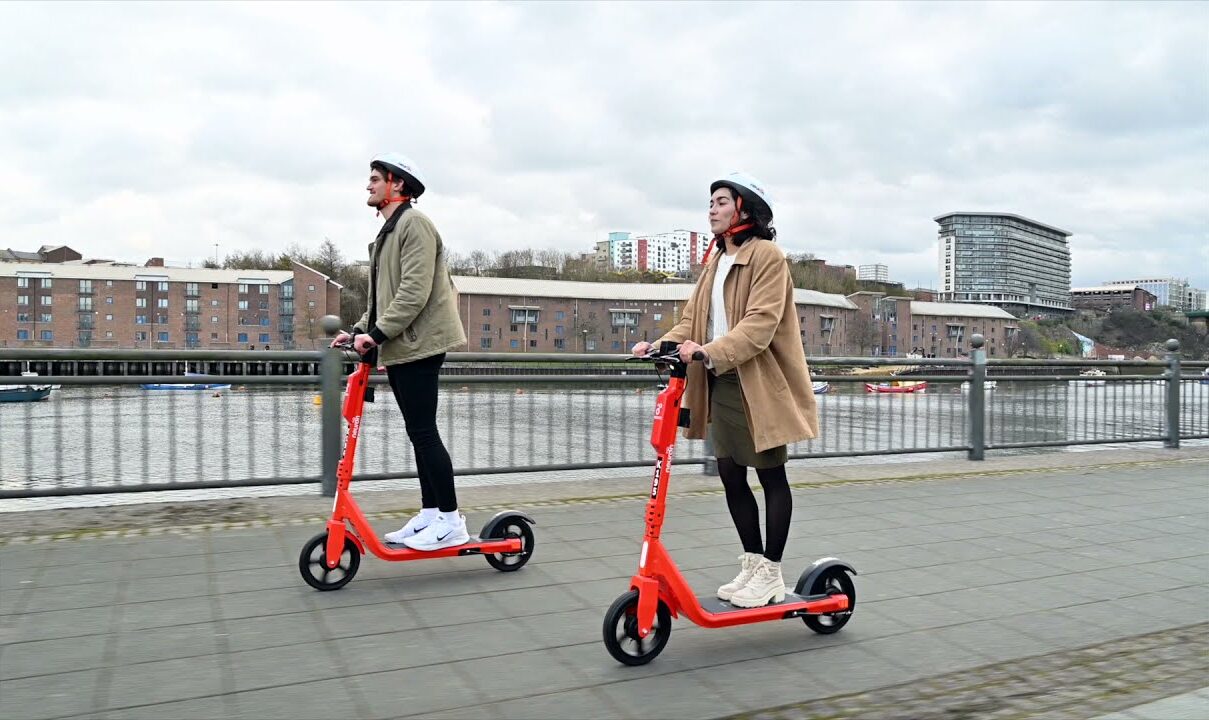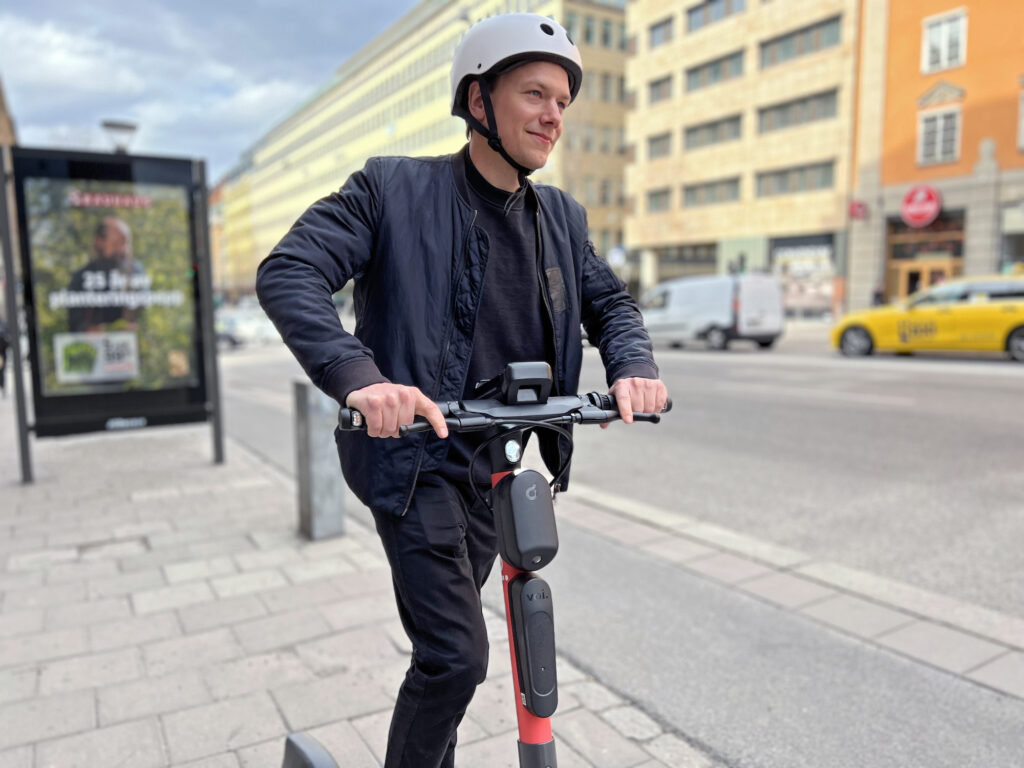Around 50 public, private and nonprofit organisations have announced an initiative to develop and advance a Shared Mobility Action Agenda to make equitable, low-carbon shared mobility more convenient, practical and accessible than driving a private car.
At the 2022 National Shared Mobility Summit, which took place in Chicago on 17 May, participating organisations committed to advancing the Shared Mobility Network’s Agenda to promote shared mobility across the US.
The Shared Mobility Network asserts that this transition is crucial for a sustainable future transport network. Indeed, in addition to the growing urgency of the climate crisis, low-income households in the US spend almost 40 percent of their income on transportation, and the number of people killed by drivers while walking has increased by almost 50 percent over the last decade.
Benjamin de la Peña, CEO of the Shared-Use Mobility Center said:The gas price spike has - again - made many of us painfully aware of our overreliance on cars. While electrification is necessary, it’s not enough to solve our systemic mobility problems. The Agenda and Action Network intend to make shared mobility the first and best option over car ownership within the decade. We need to do this to fight climate change, make mobility more equitable, and to help households save money. This isn’t just another sign-on document. We’ve developed a to-do list to actually get it done.
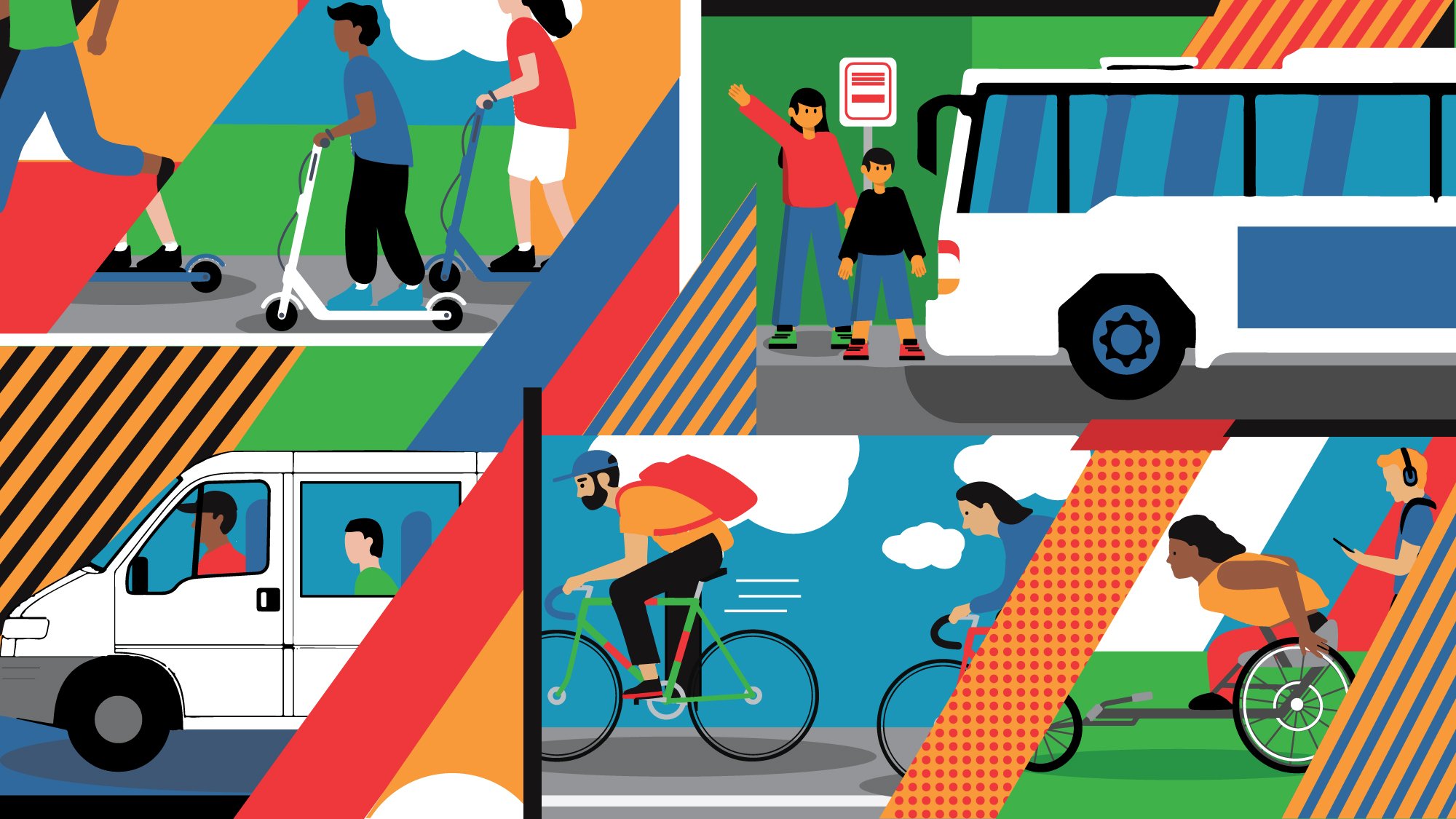
The International Energy Association finds that an increase in shared rides, public transportation, and micromobility could reduce global oil consumption by as much as 800,000 barrels each day or nearly 300 million barrels per year, which will consequently save money and reduce harmful air pollutants. Reducing the use of private cars can also free-up valuable property that is currently used for accommodating cars.
Marla Westervelt, vice president of policy at Coalition for Reimagined Mobility said:Shared mobility strategies can deliver on the promise of safer roads, more equitable transportation, and the sustainable movement of people and goods – if done right. That's why we’re here. Coming together with an influential network of public, private and community advocates, we can collaborate and act to shape the transportation of tomorrow and address the current global energy security and climate crises.
Ahead of the release of version 1.0 of the Agenda in summer 2022, the initiative’s immediate goal is to continue to grow the number of participating organisations and gain more momentum.




